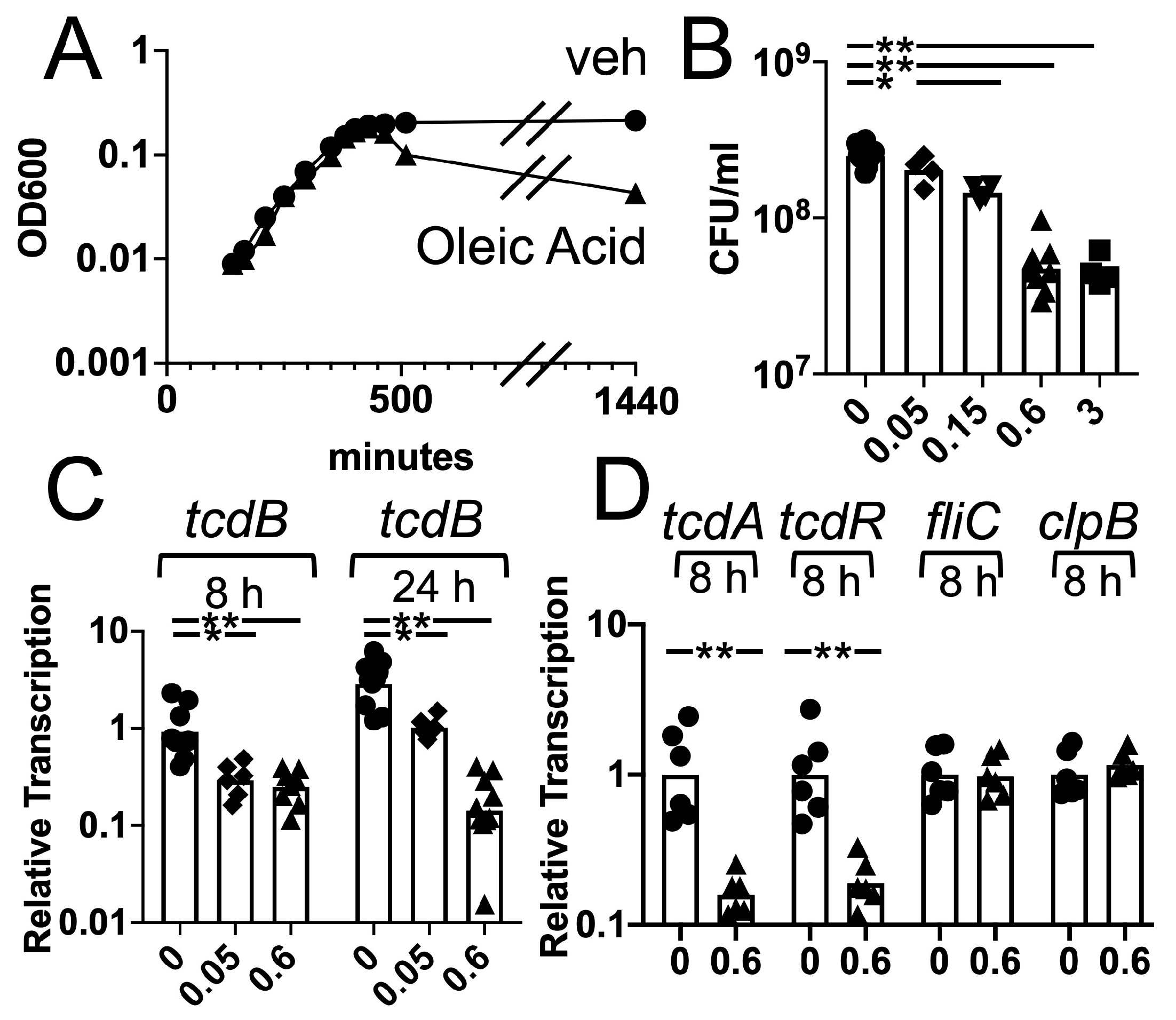
JoF | Free Full-Text | Lipid Species in the GI Tract are Increased by the Commensal Fungus Candida albicans and Decrease the Virulence of Clostridioides difficile | HTML

Extended-pulsed fidaxomicin versus vancomycin for Clostridium difficile infection in patients 60 years and older (EXTEND): a randomised, controlled, open-label, phase 3b/4 trial - The Lancet Infectious Diseases
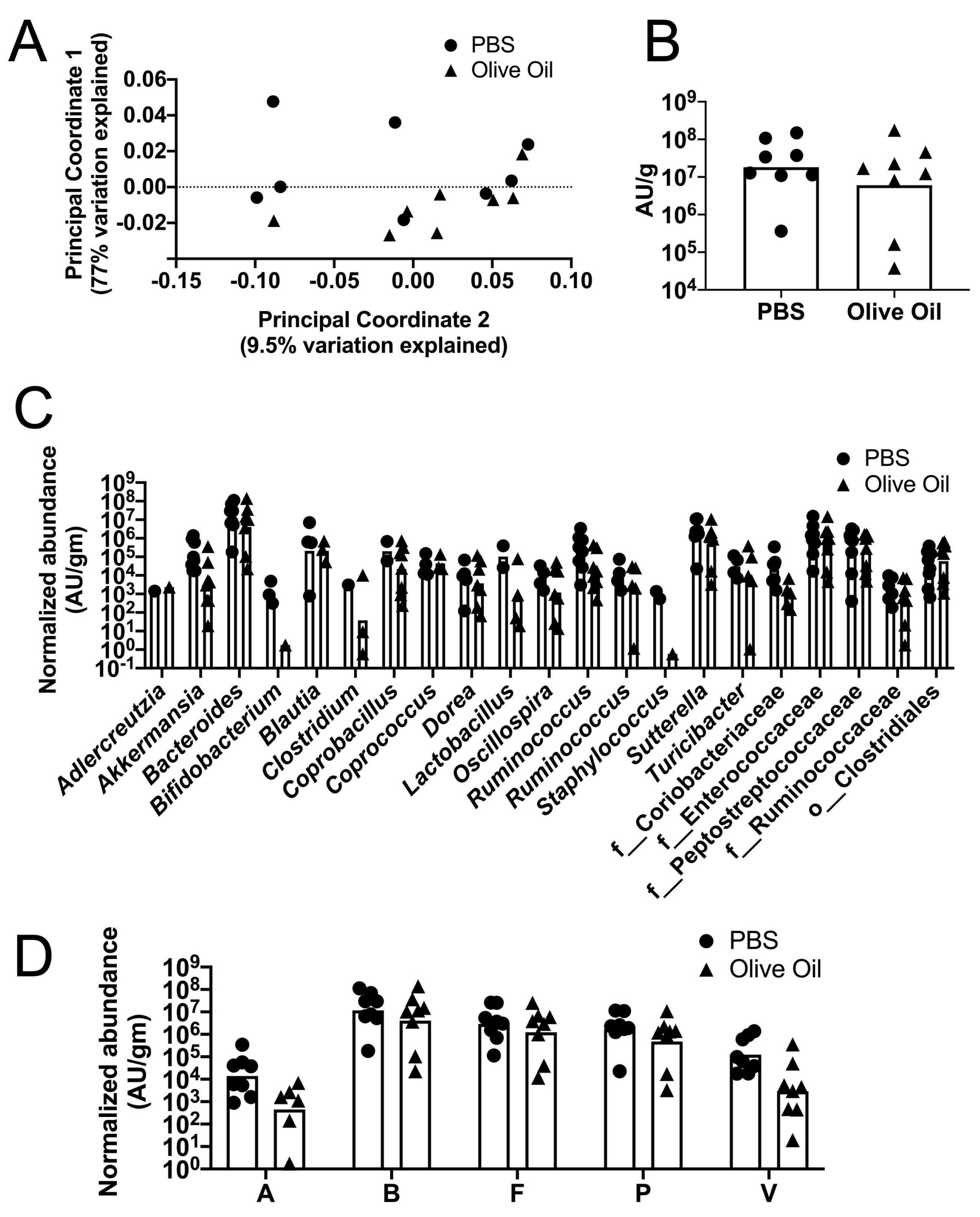
JoF | Free Full-Text | Lipid Species in the GI Tract are Increased by the Commensal Fungus Candida albicans and Decrease the Virulence of Clostridioides difficile | HTML

Effects of proton pump inhibitors and histamine-2 receptor antagonists on response to fidaxomicin or vancomycin in patients with Clostridium difficile-associated diarrhoea | BMJ Open Gastroenterology

Novel risk factors for recurrent Clostridium difficile infection in children. - Abstract - Europe PMC

Microbiota-based markers predictive of development of Clostridioides difficile infection | Nature Communications

Prognostic factors for severe and recurrent Clostridioides difficile infection: a systematic review - ScienceDirect
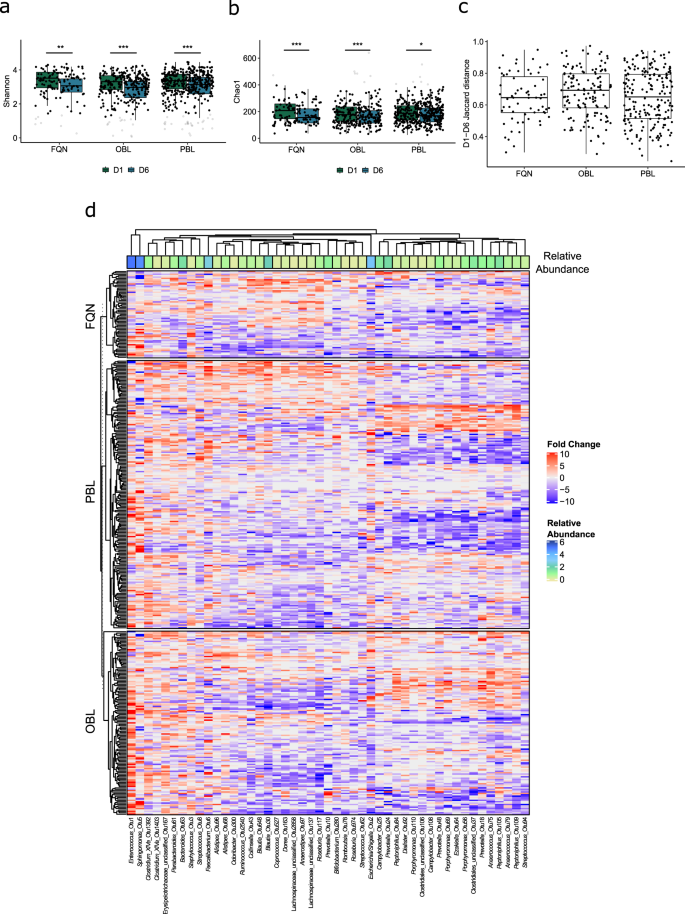
Microbiota-based markers predictive of development of Clostridioides difficile infection | Nature Communications
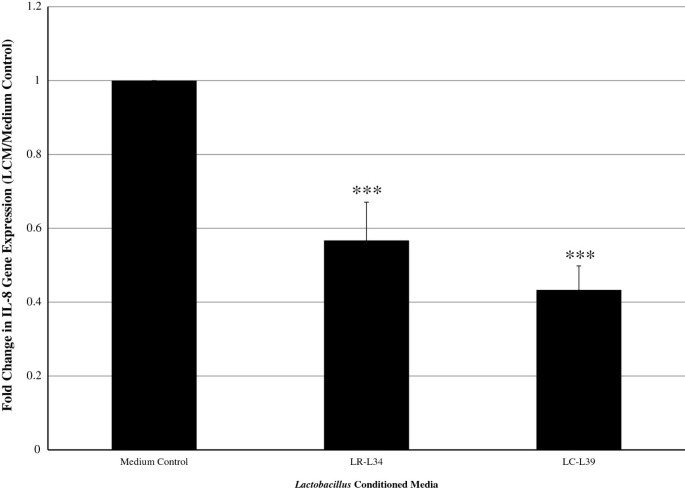
Lactobacillus rhamnosus L34 and Lactobacillus casei L39 suppress Clostridium difficile-induced IL-8 production by colonic epithelial cells | BMC Microbiology | Full Text
A population-based spatio-temporal analysis of Clostridium difficile infection in Queensland, Australia over a 10-year period

Extended-pulsed fidaxomicin versus vancomycin for Clostridium difficile infection in patients 60 years and older (EXTEND): a randomised, controlled, open-label, phase 3b/4 trial - The Lancet Infectious Diseases

Patient disposition. CDAD = C. difficile-associated diarrhea; mITT =... | Download Scientific Diagram
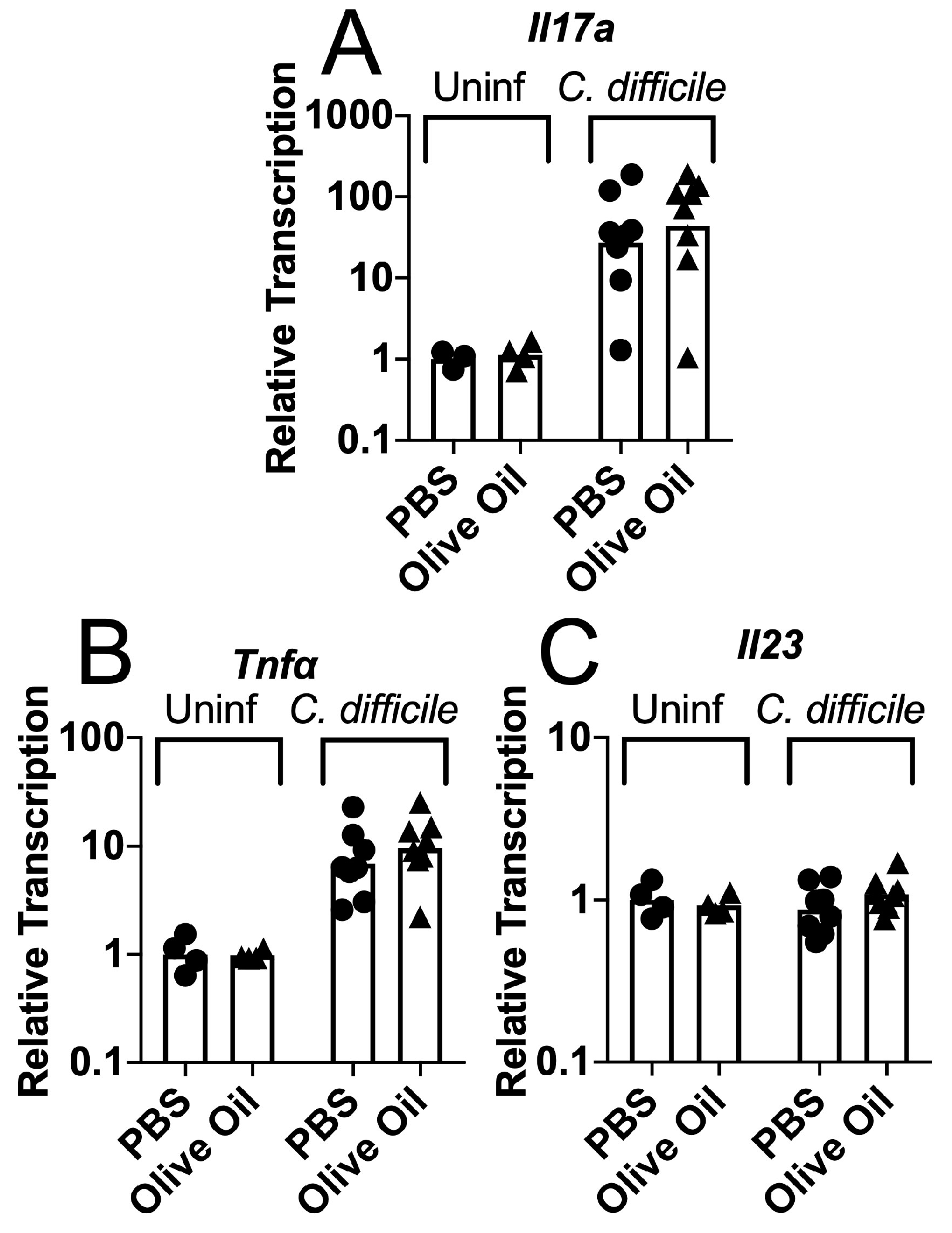
JoF | Free Full-Text | Lipid Species in the GI Tract are Increased by the Commensal Fungus Candida albicans and Decrease the Virulence of Clostridioides difficile | HTML
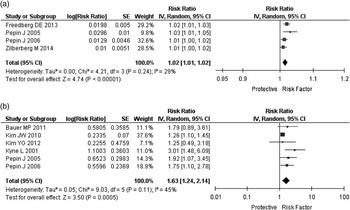
Risk Factors for Recurrent Clostridium difficile Infection: A Systematic Review and Meta-Analysis | Infection Control & Hospital Epidemiology | Cambridge Core
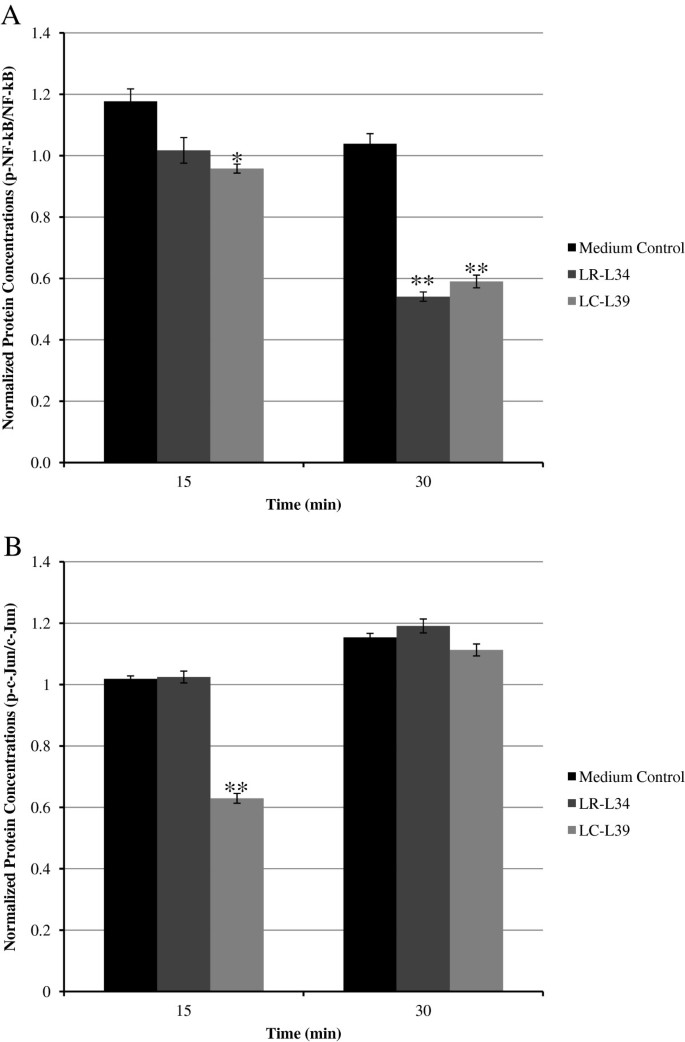
Lactobacillus rhamnosus L34 and Lactobacillus casei L39 suppress Clostridium difficile-induced IL-8 production by colonic epithelial cells | BMC Microbiology | Full Text
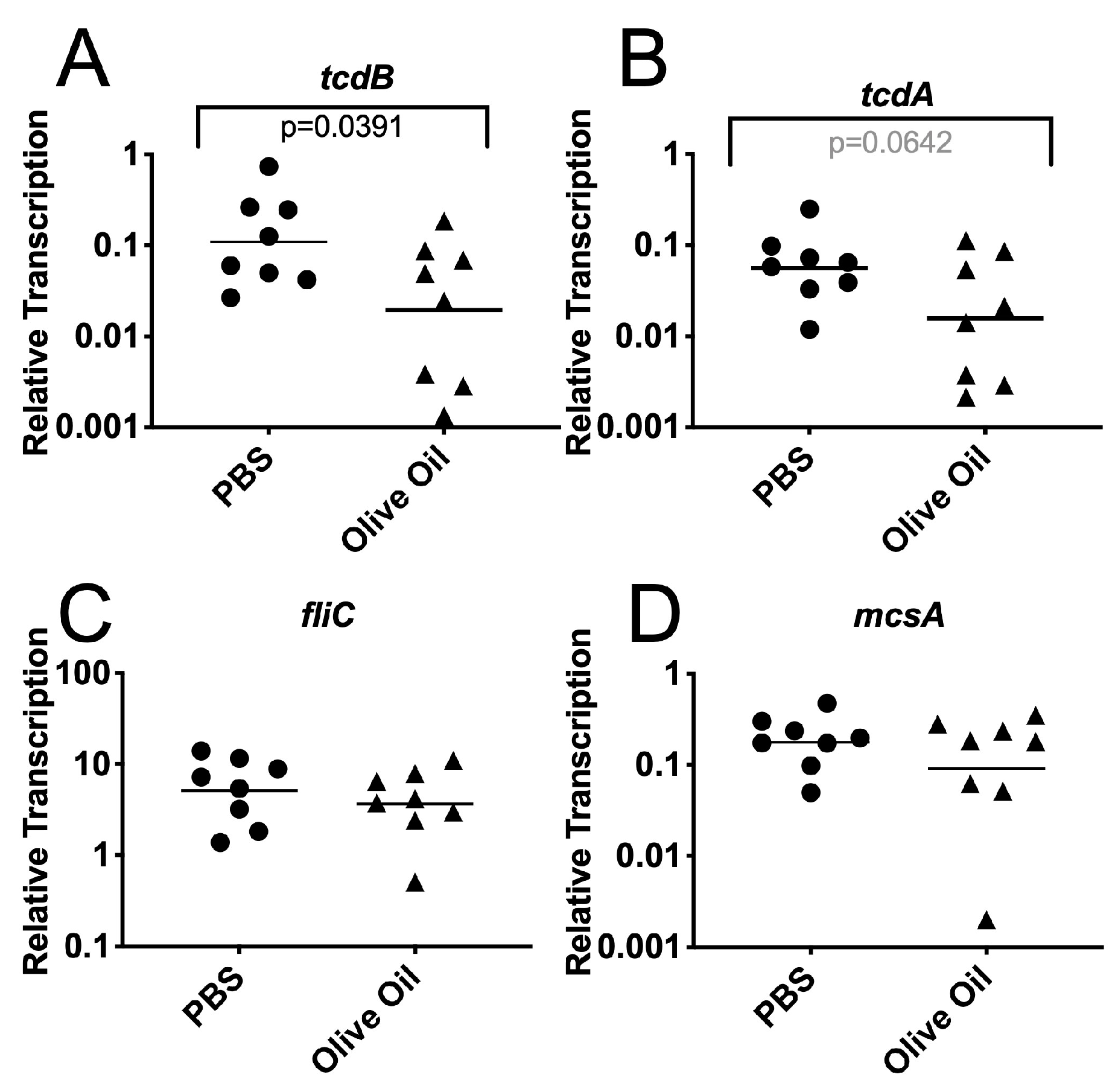
JoF | Free Full-Text | Lipid Species in the GI Tract are Increased by the Commensal Fungus Candida albicans and Decrease the Virulence of Clostridioides difficile | HTML
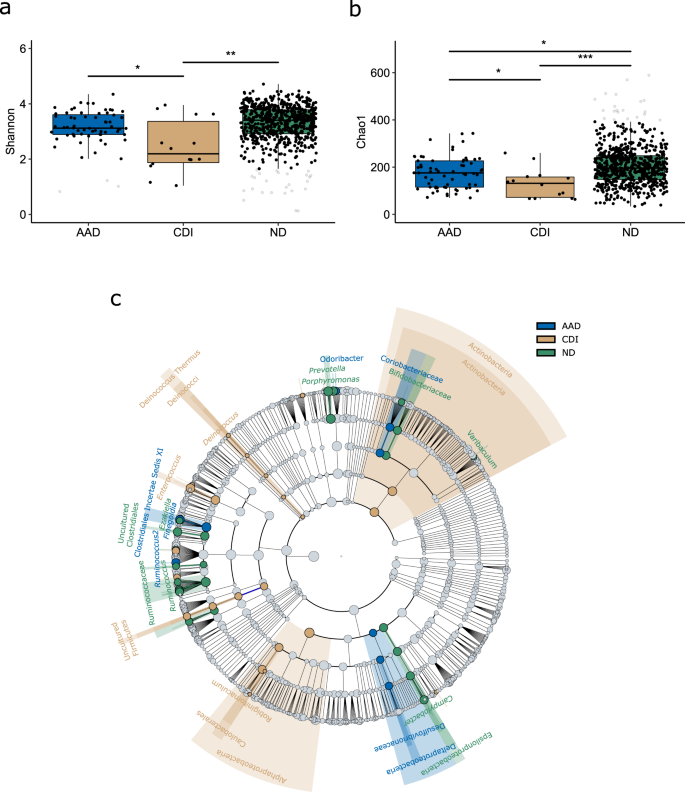
Microbiota-based markers predictive of development of Clostridioides difficile infection | Nature Communications

Microbiota-based markers predictive of development of Clostridioides difficile infection | Nature Communications
Epidemiology of Clostridium difficile infection: results of a hospital-based study in Krakow, Poland


